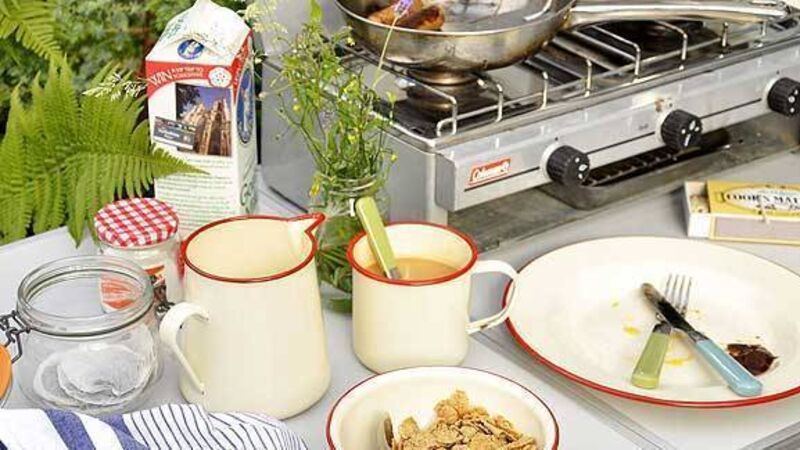Foaming at the mouth as half-baked culinary aspirations go up in smoke

But for me to publicly admit this is the equivalent of the confession new members of Alcoholics Anonymous give, where they tell the other recovering alcoholics about how they stole the money their children had carefully saved for a visit to Disney in Paris and blew it all on booze. That ‘drunkalogue’ strips the speaker of their illusions, their pretences and co-dependency devices.
Same with me admitting to being skill-free in the kitchen. You see, I’ve spent my whole life pretending to be a great cook. Never have I made an overt claim. I’ve used faux-modesty instead.















